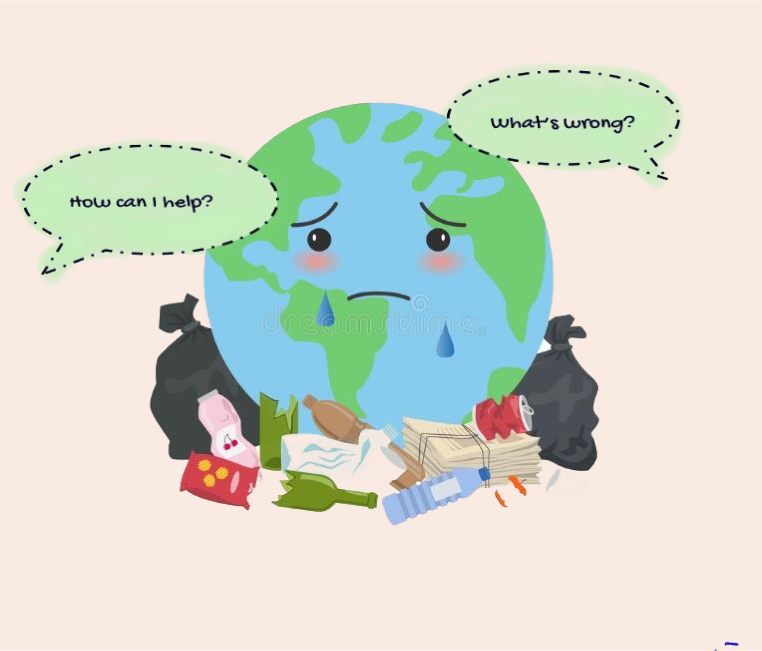welcome! click the game you want to play ↓

We aren’t throwing our trash away properly!
Take a moment to look at your trash can. Is there anything you see that shouldn’t belong?
A soda can or a plastic bottle? Newspapers or old magazines?
There are 7.5 BILLION people in the whole world and everyone throws out trash!
All the trash that gets collected often end up in large landfills, recycled, or more rarely,
processed to generate electricity.
When things like plastic straws and soda cans aren’t put into the right bins, these items
can end up in landfills where it can get into natural ecosystems like the ocean. These items
are not biodegradable so they stay in our oceans, riviers, and lakes while harming the animals who
live there.
One common example are birds, who often mistake plastic for fish. The plastic in their stomachs
can take up space in their stomachs and make them feel full when they are actually starving.
In fact, scientists have found that almost 90% of the world’s birds eat plastic by mistake.
Another example are small wild animals like squirrels and chipmunks can get their head stuck in aluminum
cans like your soda can. The metal opening can cut their skin open around their neck, or worse,
suffocate them to death.
First find out if your city/town recycles as a part of their trash collection service. Most trash collection services can recycle hard plastics, glassware, aluminum cans, and sometimes paper goods like cardboard.
Focus on your own habits. If you finish using an item and want to throw it out, first think if you can recycle that item.
Some local stores may have recycling bins where you can recycle items that aren’t usually collected for recycling by public waste programs. For example, many large supermarkets offer bins to recycle plastic bags which aren't accepted by many public waste programs. Another good example is Nike’s shoe recycling program.
Find other ways to be sustainable and environmentally friendly! Recycling isn't the only way to help the environment and keep waste out of the natural ecosystems. Consider making switches to everyday routines and habits. For example, if you use a lot of plasticware, consider switching to reusable options like beeswax", instead of plastic wrap, or bamboo utensils instead of plastic. In addition, NEVER LITTER. Always throw out your trash into the right bins and not on the floor
Encourage others to recycle properly and have open discussions about what you can do to help our world!